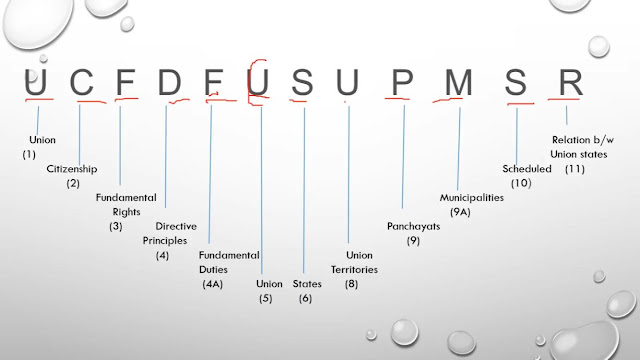COGNIZABLE AND NON COGNIZABLE OFFENCE
Difference between Cognizable offenses and Non-Cognizable offenses?
.
Cognizable Offenses-
.
Section 2 (c) of The Criminal Procedure Code, 1973 says, that cognizable offenses or cognizable cases are those under which a police officer can arrest without an arrest warrant.
Cognizable offenses are those offenses which are serious in nature. Example- Murder, Rape, Dowry Death, Kidnapping, Theft, Criminal Breach of Trust, Unnatural Offenses.
Section 154 of CrPc provides, that under a Cognizable offense or case, The Police Officer has to receive the First Information Report (FIR) relating to the cognizable offense, which can be without the Magistrate’s permission and enter it in the General Diary and immediatly start the investigation.
If a Cognizable offense has been committed, a Police Officer can investigate without the Magistrate’s permission.
.
Non- Cognizable Offenses-
.
Section 2 (l) of CrPc says, that non-cognizable offenses or cases are those under which a police officer cannot arrest without a warrant.
Non-Cognizable offenses are those which are not much serious in nature. Example- Assault, Cheating, Forgery, Defamation.
Section 155 of CrPc provides that in a non-cognizable offense or case, the police officer cannot receive or record the FIR unless he obtains prior permission from the Magistrate.
Under a Non-Cognizable offense/case, in order to start the investigation, it is important for the police officer to obtain the permission from the Magistrate.
.

Comments
Post a Comment